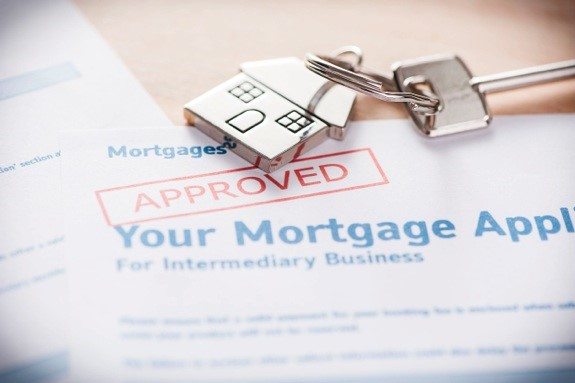
Some financial experts place blame for the 2007 housing crisis on the rise of subprime mortgages. As this crisis unraveled, most Americans, especially homeowners, were stunned by the overwhelming unlawful activity engaged in by the nation’s banking system and its real estate industry. It seemed that everyone in the real estate market was determined to get rich as quickly as possible at the expense of decent, honest, hard-working Americans trying to realize the dream of owning their own home.
As the subprime and unlawful mortgages began to foreclose as a dizzying rate, federal investigators set their sights on learning just how the banks, real estate investors, and even many homeowners contributed to the collapse of the real estate market. A main focus of the FBI, for example, turned to Financial Institution Fraud (“FIF”). Within the bubble of FIF is Mortgage Fraud, which even today continues to create huge financial losses for everyone who is involved in buying, investing in, or selling real estate.
What Is Mortgage Fraud?
Mortgage fraud is the falsification of any information that is given in order to receive a mortgage on a real estate property.
Typically, mortgage fraud is committed for profit, for housing, or for criminal enterprise. There are numerous players involved in distributing and collecting mortgages, and any one of them can commit mortgage fraud.
Let’s look at a few types of mortgage fraud, including some recent examples that happened right here in Texas:
Homebuyers (Fraud for Housing): To apply for a mortgage, homebuyers have to record income, assets, and other information for lenders to look over and use to approve or deny that mortgage. Any misrepresentation or false statement on these applications is considered mortgage fraud.
Mortgage Companies, Lenders, Appraisers, Etc. (Fraud for Profit): Most often mortgage fraud is committed to the disadvantage of homebuyers. These fraudsters are looking to gain profit. Some common schemes and players include:
- Real Estate Owners or Appraisers – Parties who own rundown commercial real estate may scheme with appraisers to make their property appear more valuable than it really is. Borrowers or lenders are then tricked into giving these owners loans that cannot be paid back. By the time the owner defaults on their loans (and typically more damage has been done to the property), the lender is left with a deteriorated property that has diminished value.
- Real Estate Investors – A common mortgage fraud scheme is called “equity skimming” and it generally involves real estate investors. Investors will recruit a “straw buyer” (someone who buys a property for someone else) to purchase a property and then relinquish the rights over to the investor. The investor does not have to make mortgage payments, but profits off of renting out the property until it goes into foreclosure.
- “Private Investors” – Fraudsters may also pose as private investors to rope homebuyers into “foreclosure rescue schemes.” These homebuyers are at risk of foreclosure, and are approached by fake investors who promise to pay off delinquent loans. They recruit a “straw borrower” who applies for a loan using false information, and is given the title of the home by the homebuyer. The borrower and investor do not follow through on their promises, but they end up with the title to the home until it is foreclosed, and the homebuyers is left with nothing.
- Mortgage Brokers – In late November, a federal jury in Houston ordered the Allied Home Mortgage Capital Corp and the Allied Home Mortgage Corp to pay $93 million for mortgage fraud crimes that were committed over a period of seven years. Allied employees reportedly spread false information to borrowers and then siphoned the loan proceeds. The proceeds were used by employees for personal gain, leaving many borrowers unable to pay for their homes. Lawsuits have been bought against these mortgage companies in over 18 states.
Criminal Enterprises: A growing trend in mortgage fraud is acts committed by criminals who want to launder money into real estate. By falsifying mortgage applications, criminals can hide money from drug trafficking or other crimes in investments. While this money can be paid back to the lenders, it conceals the original source of the money and makes it harder for law enforcement to detect the criminal enterprise.
What Are the Penalties for Mortgage Fraud?

Let’s go back to the recent case of mortgage fraud decided in Houston involving the Allied Home Mortgage Corp and Allied Home Mortgage Capital Corp.
Mortgage fraud is a high priority of the FBI, and even if an incident of mortgage fraud is committed in one state, a federal court in another state can take on a case if there is enough interest from the federal government and its prosecutors.
Federal court means federal punishments. If you are convicted on federal mortgage fraud charges, you may face up to 30 years in prison. Additionally, you can face up to $1 million in fines – but that’s just the beginning. If it is apparent that homebuyers or lenders have lost money or property due to your indiscretions, you may also have to pay restitution to them. This is where fines can reach the tens of millions of dollars.
If you have been charged with, or are under investigation for, mortgage fraud, it is imperative that you get in contact with a federal defense lawyer who has a track record of success in these types of cases.



